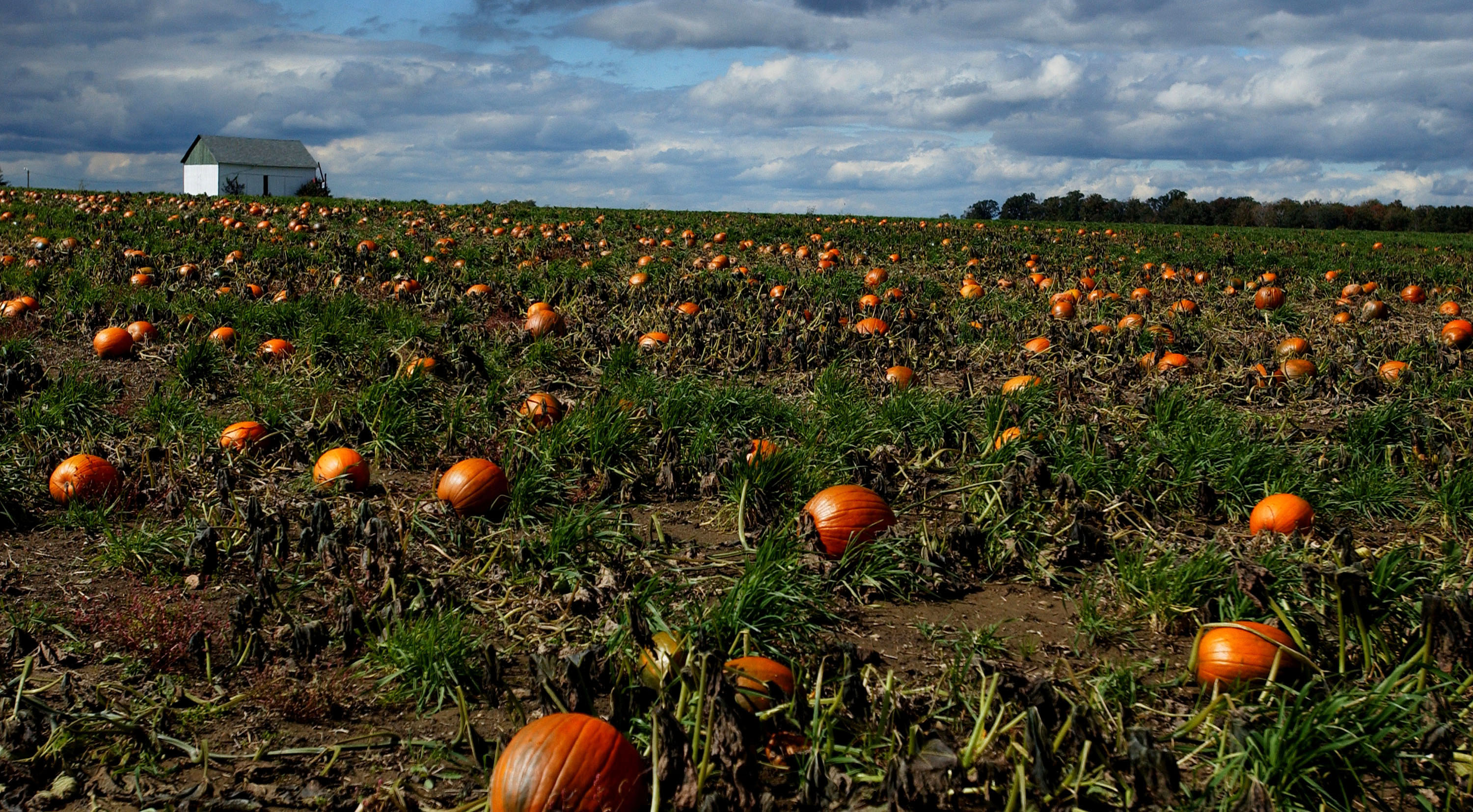The U.S. Department of Agriculture (USDA) has declared that 22 counties in Ohio are now recognized as natural disaster areas due to an ongoing drought affecting the region.
On Tuesday, the USDA’s Farm Service Agency highlighted the extreme drought conditions that have impacted Ohio this summer. Because of this designation, farmers in these counties, along with 18 neighboring areas, now have the opportunity to apply for emergency federal loans. This financial assistance aims to help those dealing with severe crop damage and economic challenges.
The USDA’s emergency federal loan program is designed to aid producers in recovering from losses caused by drought, flooding, and other natural disasters.
The counties affected by this announcement include Athens, Belmont, Fairfield, Fayette, Gallia, Guernsey, Harrison, Highland, Hocking, Jackson, Jefferson, Madison, Monroe, Morgan, Muskingum, Noble, Perry, Pickaway, Pike, Ross, Vinton, and Washington.

While drought conditions are widespread across the state, the southeastern counties, particularly Athens and Belmont, have experienced over eight weeks of severe drought, suffering the most.
The USDA is urging Ohio farmers to take advantage of these assistance programs as the drought continues to negatively impact agricultural production.
This announcement comes amid growing calls from local officials and farmers for federal assistance as the drought worsens an already challenging growing season.
While these emergency loans offer some immediate relief, concerns linger about the long-term effects drought might have on Ohio’s farming sector.
According to the National Centers for Environmental Information, as of May, around 6 percent of the contiguous U.S. faced severe to extreme drought conditions. This figure has decreased by 3 percent compared to the previous month, with about 13 percent classified as experiencing moderate to extreme drought.
Climate change is often cited as a key factor in the increasing frequency and intensity of droughts, as reported by the U.N. Convention to Combat Desertification recently. U.N. Executive Secretary Ibrahim Thiaw emphasized that droughts often go unnoticed, leading to a cycle of neglect that exacerbates the suffering of those affected.
This article incorporates reporting from The Associated Press.
